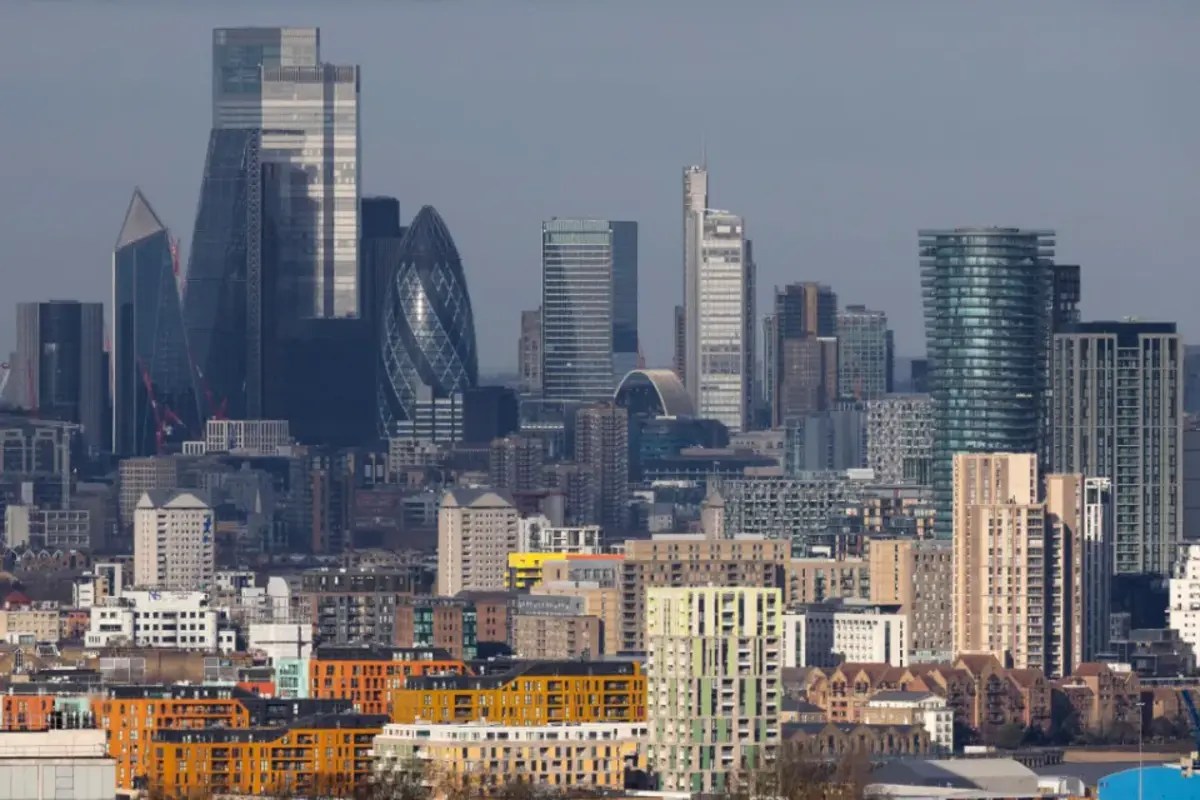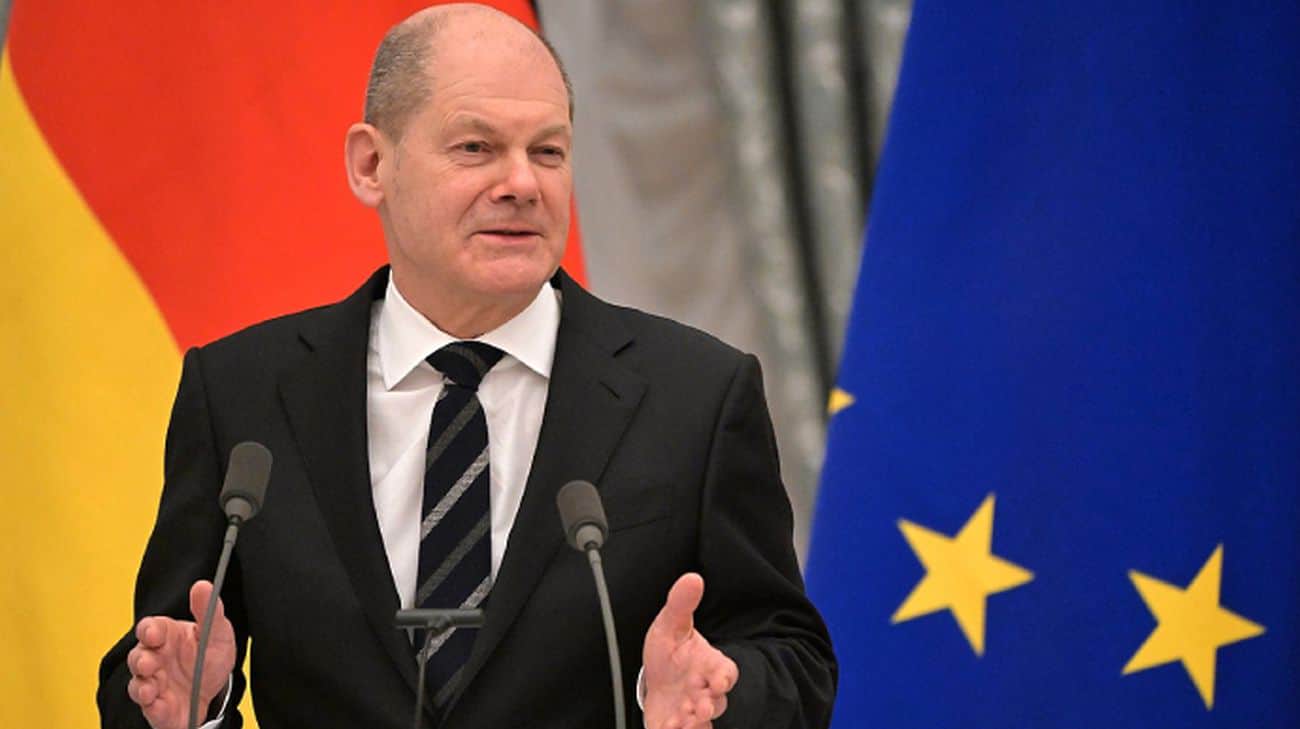Price hikes are coming as firms battle Reeves tax raid, Bank of England survey suggests
The Bank's latest decision maker panel, which surveys finance chiefs around the country, showed that firms' inflation expectations picked up in December.


Inflationary pressures are likely to persist this year as firms prepare to hike prices to combat the effects of Rachel Reeves’ tax-raiding Budget, a survey from the Bank of England suggests.
The Bank’s latest decision maker panel, which surveys finance chiefs around the country, showed that firms’ inflation expectations picked up in December.
Expected price growth in the year ahead increased to four per cent, up from 3.8 per cent the month before. This was the highest level since April last year.
The survey also showed that realised price growth in the year to December increased to four per cent, up from 3.7 per cent the month before.
Fears about inflation have gathered steam in recent weeks, fuelled by reports that firms will lift prices in response to the government’s tax hikes.
Chancellor Rachel Reeves increased the rate of employers’ national insurance in October’s Budget, which was the centrepiece of a broader £40bn tax hike.
But the Bank of England’s survey showed that over half (54 per cent) of firms expect to raise prices due to the Chancellor’s tax raid, unchanged compared to November.
Economists are concerned that this will reinforce inflationary dynamics, which have not yet been decisively quashed. The latest figures showed that inflation picked up to 2.6 per cent in November.
While the Bank of England’s latest forecasts suggest inflation will peak at 2.75 per cent in the middle of 2025, many commentators fear price pressures could be worse than feared.
Financial markets have pared bets on interest rate cuts in recent weeks owing to fears that price pressures might prove sticky. Markets expect just two rate cuts this year.
There was mixed news on the wage pressures facing firms in the Bank’s survey. Realised annual wage growth dipped to 5.3 per cent in December, its lowest level since the Bank first started asking the question in May 2022.
However, expected wage growth in the coming year nudged up to 3.9 per cent, the first increase since July.
Officials at the Bank of England have identified wage growth as a crucial indicator of domestic inflationary dynamics and the survey will add to fears that price pressures will linger in the new year.


